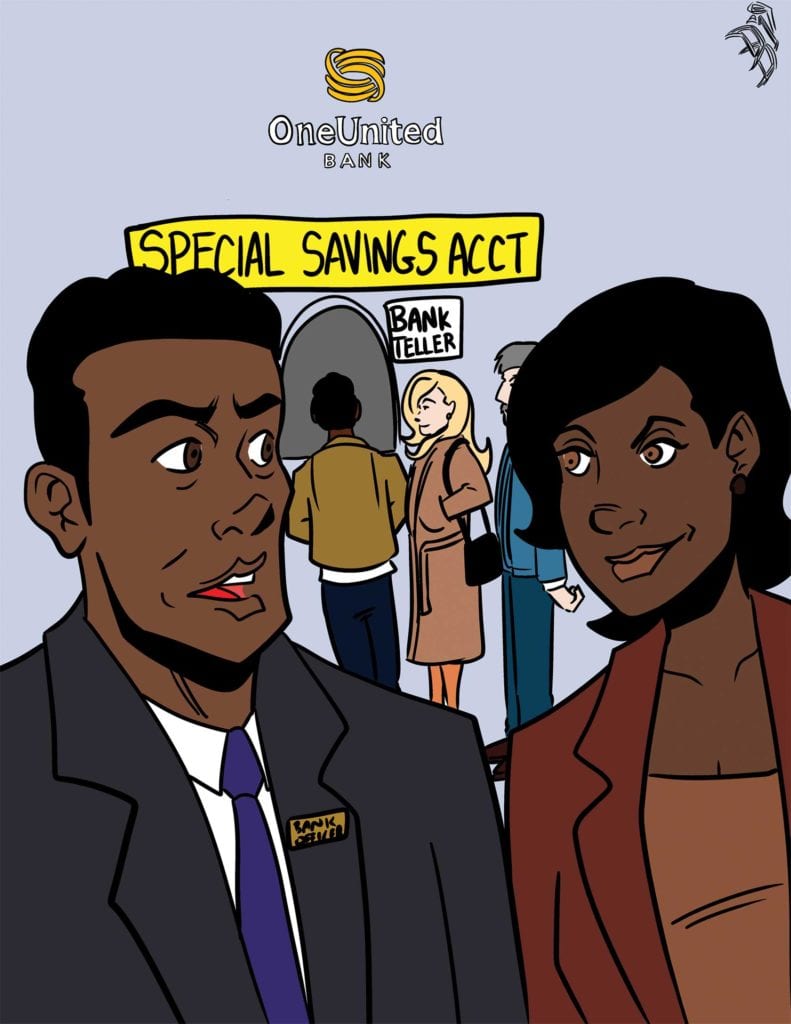
With the launch of the year 2020, primary journalistic attention will be focused on the presidential election. However, blacks cannot afford to lose sight of other public issues that could adversely affect their welfare. Conservatives will undoubtedly use the misdirection created by politics as an opportunity to diminish antiracial discrimination provisions.
The move toward reducing such provisions has already begun in the banking industry. Since 1977, the Community Reinvestment Act (CRA) has required FDIC-insured banks to invest in those communities from which they accept deposits. Banks were therefore required to provide loans to moderate- and low-income residents.
As modest as these requirements are, many banks still object. According to the National Urban League, an investigation of banking CRA performance shows results as still unacceptable. They found that “more than 60 urban areas in the U.S. continue to practice modern day redlining.” There is still a major gap in the home ownership rate between blacks and whites. White households have a homeownership rate of 73.1 percent compared to only 40.6 percent for black households.
The conventional thinking of banks is to avoid and reduce risk, and to generate the highest financial return in accordance with the level of risk. It is natural for bankers to resist any policy that is contrary to this basic strategy. Fortunately, the National Urban League and other civil rights organizations will challenge any changes that fail to benefit those with modest income.
Nonetheless, it would be unwise for blacks and others to depend entirely on the beneficence of the banks for the affluent. While black banks cannot service everyone’s financial needs, OneUnited Bank has assumed as a major objective the implementation of programs to help those with low credit ratings to recover financially.
All of those who have been more fortunate can contribute to the cause without risking as much as a dime. Deposits in OneUnited Bank are insured against bank failure. So if the more affluent open savings accounts of at least $1,000 each, that is equivalent to a major contribution that costs the donor nothing. If 10,000 folks make such deposits, then $10 million will be added to bank deposits.
There is a drive underway to strengthen the black bank system. While there are a number of banks that satisfy that category, a deposit in OneUnited Bank will have special significance.
OneUnited Bank is the largest black owned and managed bank in America. It has offices in Boston, Miami and Los Angeles, but with the technology available today it can be reached from anywhere. In the world of banking, size matters. African Americans need at least one bank that is large enough to provide a broad range of banking services. OneUnited Bank is the one most likely to grow to a dynamic size if blacks focus on making that happen.
Despite the many hardships that many blacks encounter, there is still a requirement for blacks to achieve and perform as though they are unimpaired. Of course that is unfair but it is nonetheless how the game is played. It is possible to build OneUnited Bank into the equivalent of a little Bank of America, and it can be done without exposing depositors to risk.
Christmas is the natural time for giving. There are not too many opportunities to give while still retaining the value of the gift in your pocket.






